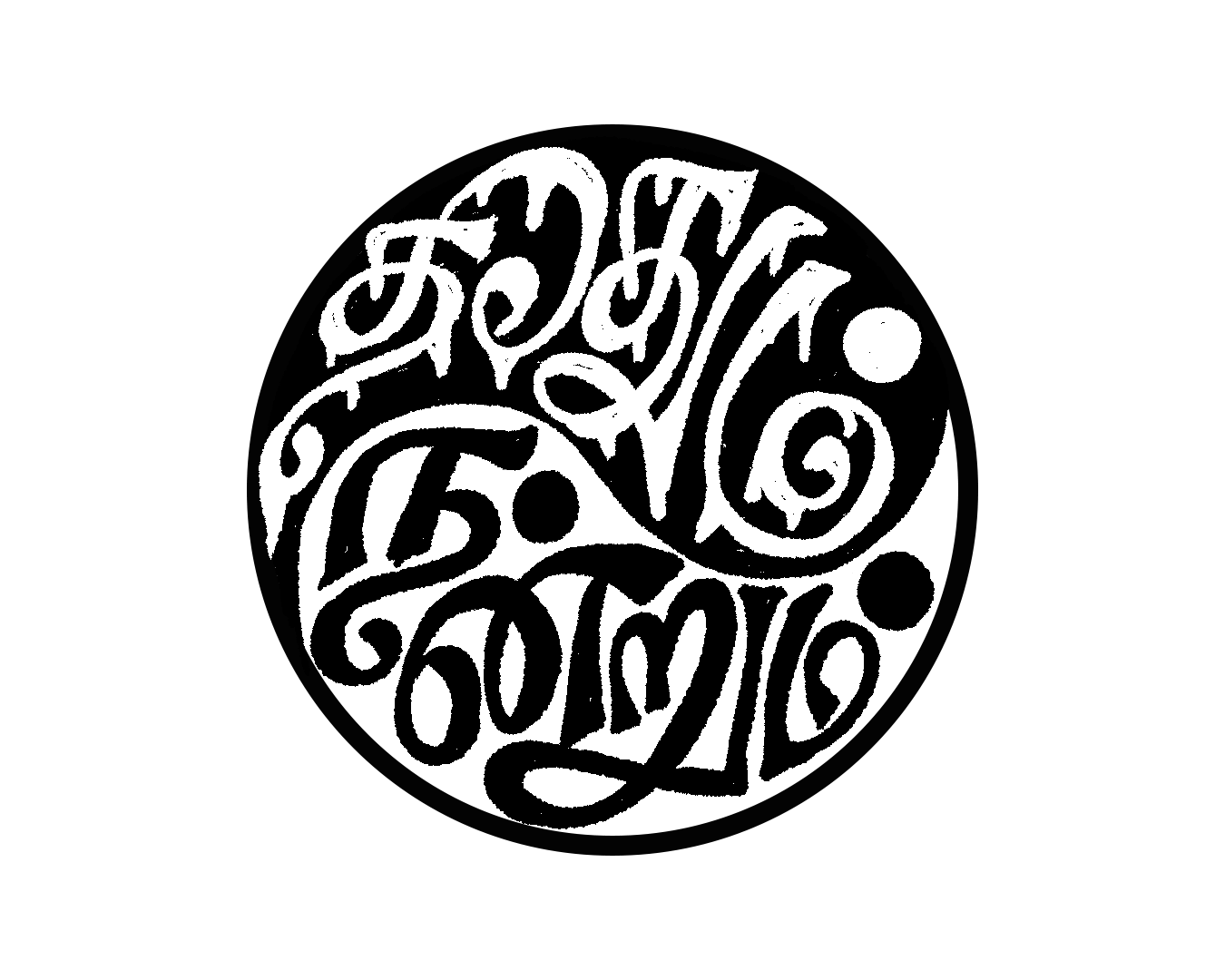A sentiment classifier on mixed language (and mixed script) reviews in Tamil, Malayalam and English. You can read our paper describing the approach at https://arxiv.org/abs/2010.03189. Please cite our paper if you are using this.
@misc{lakshmanan2020theedhum, title={Theedhum Nandrum@Dravidian-CodeMix-FIRE2020: A Sentiment Polarity Classifier for YouTube Comments with Code-switching between Tamil, Malayalam and English}, author={BalaSundaraRaman Lakshmanan and Sanjeeth Kumar Ravindranath}, year={2020}, eprint={2010.03189}, archivePrefix={arXiv}, primaryClass={cs.CL} }
- Python 3.7 or above
cd /path/to/parent/git clone https://github.com/oligoglot/theedhum-nandrum.gitcd theedhum-nandrum
virtualenv venv_tnsource venv_tn/bin/activatepip install -r requirements.txt
- You need to activate the virtualenv
source venv_tn/bin/activate
cd src/tn- Hyper Parameter Tuning for SGD Classifier
python3 sentiment_classifier.py experiment ta ../../resources/data/tamil_train.tsv ../../resources/data/tamil_dev.tsv configs/tuning_experiments_1.json
- Classification for Tamil Input Set
python3 sentiment_classifier.py test ta ../../resources/data/tamil_train.tsv ../../resources/data/tamil_dev.tsv <output File>
- Classification for Malayalam Input Set
python3 sentiment_classifier.py test ml ../../resources/data/malayalam_train.tsv ../../resources/data/malayalam_dev.tsv <output File>
- Remove irrelevant parts of the data, like html tags
- If the text is a different language, need to output "Not tamil"
- Spelling Corrector in Python 3; see http://norvig.com/spell-correct.html Copyright (c) 2007-2016 Peter Norvig MIT license: www.opensource.org/licenses/mit-license.php
- Module to convert Unicode Emojis to corresponding Sentiment Rankings. Based on the research by Kralj Novak P, Smailović J, Sluban B, Mozetič I (2015) on Sentiment of Emojis. Journal Link: https://journals.plos.org/plosone/article?id=10.1371/journal.pone.0144296 CSV Data acquired from CLARIN repository, Repository Link: http://hdl.handle.net/11356/1048
- Datasets: @inproceedings{chakravarthi-etal-2020-corpus, title = "Corpus Creation for Sentiment Analysis in Code-Mixed {T}amil-{E}nglish Text", author = "Chakravarthi, Bharathi Raja and Muralidaran, Vigneshwaran and Priyadharshini, Ruba and McCrae, John Philip", booktitle = "Proceedings of the 1st Joint Workshop on Spoken Language Technologies for Under-resourced languages (SLTU) and Collaboration and Computing for Under-Resourced Languages (CCURL)", month = may, year = "2020", address = "Marseille, France", publisher = "European Language Resources association", url = "https://www.aclweb.org/anthology/2020.sltu-1.28", pages = "202--210", abstract = "Understanding the sentiment of a comment from a video or an image is an essential task in many applications. Sentiment analysis of a text can be useful for various decision-making processes. One such application is to analyse the popular sentiments of videos on social media based on viewer comments. However, comments from social media do not follow strict rules of grammar, and they contain mixing of more than one language, often written in non-native scripts. Non-availability of annotated code-mixed data for a low-resourced language like Tamil also adds difficulty to this problem. To overcome this, we created a gold standard Tamil-English code-switched, sentiment-annotated corpus containing 15,744 comment posts from YouTube. In this paper, we describe the process of creating the corpus and assigning polarities. We present inter-annotator agreement and show the results of sentiment analysis trained on this corpus as a benchmark.", language = "English", ISBN = "979-10-95546-35-1", } @inproceedings{Chakravarthi2020ASA, title={A Sentiment Analysis Dataset for Code-Mixed Malayalam-English}, author={Bharathi Raja Chakravarthi and Navya Jose and Shardul Suryawanshi and E. Sherly and John P. McCrae}, booktitle={SLTU/CCURL@LREC}, year={2020} }
